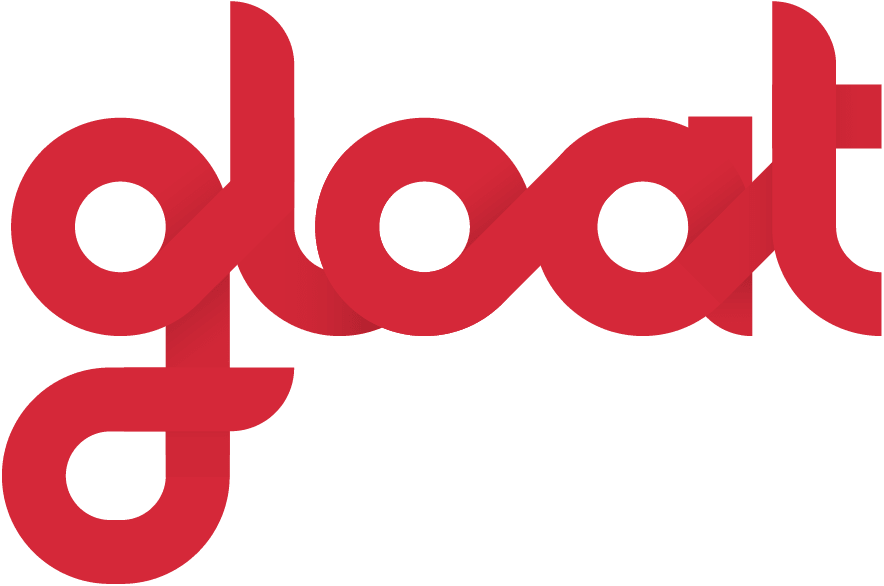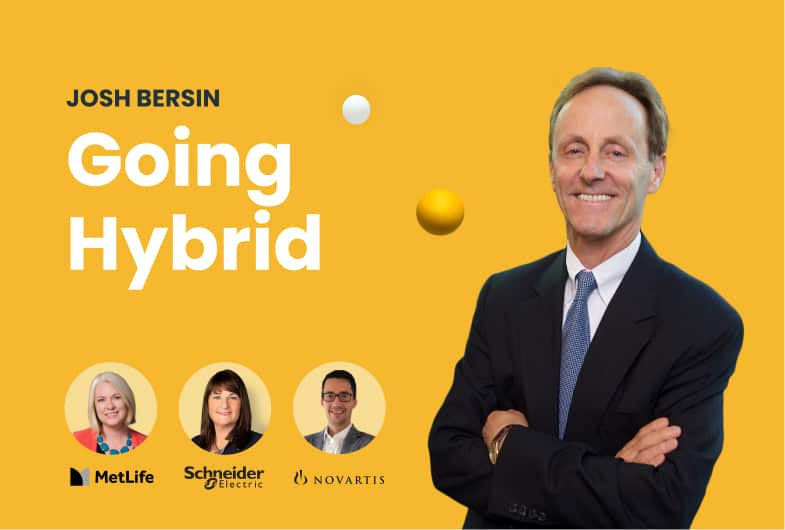Deloitte and Standard Chartered Bank on DEIB transformation
One Dagun, Lead Talent Marketplace at Standard Chartered Bank, and Christina Brodzik, Principal at Deloitte, discuss how their companies are creating inclusive and productive work environments

Diversity, equity, inclusion, and belonging (DEIB) initiatives are much more than buzzwords and good PR. Meaningful DEIB efforts require a full commitment from all stakeholders to implement—and a plan to execute the changes needed to create a welcoming and safe environment for all employees.
Though challenging, these initiatives are not only ethically critical—but also pragmatic. A Boston Consulting Group study shows that companies with above-average diversity scores far outperform companies with below-average diversity scores in innovation. A McKinsey survey shows that companies with an executive board comprised of more than 30% women were more likely to outperform those with less-equitable representation.
The value of diversity’s place in work life is no longer a question. As One Dagun, Lead Talent Marketplace at Standard Chartered Bank, and Christina Brodzik, Principal at Deloitte, discussed their experience with DEIB initiatives during a recent Gloat Learn session, one thing was clear: Companies that embrace these principles and practices are better positioned to succeed.
DEIB: Intent, actions, and outcomes
To be proactive in DEIB efforts, Christina Brodzik points to three key factors every company must align on before implementing: intent, actions, and outcomes. Each step must be conducted with full ownership from stakeholders and clear accountability to ensure the goals don’t get lost during implementation.
“When I look back over the last one, five, ten years, there’s been some things that I think are consistently improving. And some things are staying stagnant,” Brodzik said. “Organizations are being held more accountable publicly. I think that’s encouraging people to have to learn more about it. And then in that learning, they’re realizing how valuable it can be to individuals and organizations.”
As internal and external pressures increase on companies to be representative of the populations they serve, having a plan in place is critical to ensuring the success of DEIB initiatives.
#1. Intent
As diversity initiatives gain traction in the larger conversation, companies are often quick to speak to their values but frequently trip up on the follow-through. In the United States, the summer of 2020 led many companies to speak to their social awareness and equity campaigns—often pointing to 2025 as the target date for completing these transformations.
Though well-intentioned, these kinds of knee-jerk reactions can be damaging to businesses if these goals are not met. Organizations must stay tactical in their scope of implementation and clear in their goals for these DEIB initiatives—not just promise to “do better,” but set specific and quantifiable targets to which stakeholders can be held accountable.
Results don’t need to be immediate, but they need to be clearly stated and transparent.
#2. Actions
Once intentions are set, it’s critical for organizations to take actions that are relevant not only to these goals but are more importantly meaningful to the local markets where these changes are taking place. Applying a one-size-fits-all approach to DEIB initiatives—using plans from other companies, following larger trends—might seem like a simple way to stay on par with industry norms, but could miss addressing the most pressing issues.
#3. Outcomes
What are the specific goals your company aims to achieve through implementing DEIB initiatives? What is a reasonable timeline to accomplish these goals? And does your tech stack currently support the implementation and measurement of the initiatives you plan to set forth? These questions must be answered before making changes, or success with your DEIB initiatives will be impossible to measure, if not altogether achieve.
Focusing on outcomes feels like a no-brainer, but companies can often put “best intentions” over actionable plans. Starting with the end in mind takes out the guesswork of whether or not these initiatives will have a meaningful impact.
Honing in on one of SCB’s DEIB initiatives: Equalizing access to opportunities
DEIB initiatives are often thought of in the abstract, placing an organization’s beliefs and values at the forefront. But remember: These efforts can, and ultimately should, have meaningful, tangible impacts on real people—your employees.
In organizations like Standard Chartered Bank with global footprints, ensuring that all employees have access to opportunities can be challenging. Watson Stewart, Head of Talent Solutions at SCB, credits the talent marketplace for not just enabling that access—but facilitating employee growth around the world.
“We have over 85,000 employees in more than 60 markets, many of them in some of the emerging economies of the world,” Stewart said. “ Diversity doesn’t matter unless you find a way to include them in the opportunities that are available. And the beauty of the marketplace is that it’s transparent, it’s available, you don’t have to seek permission to join; it’s a nontraditional way of access and that was important to us.”
One of those employees is Dagun. Her career at Standard Chartered Bank started in 2010 in their core banking segment. From there she transferred to their Learning and Development space and eventually found herself in her current role, which oversees the implementation of the company’s workforce agility platform. Through Standard Chartered Bank’s commitment to democratizing opportunities for all of its employees, Dagun was able to show her full capabilities.
“This is the one thing that as an HR partner people always ask you: How can I get involved in more stuff? How can I become more visible? How can I move my career forward? And for me, I saw the opportunity to be a part of this as golden, and that led to me leaving my home country in Nigeria and moving to the UK a year ago.”
Dagun continued, “It’s been very exciting, very interesting for me. From a personal standpoint, I see the platform as the opportunity for really democratizing access to career development.”
By providing these opportunities to Dagun and the rest of the workforce—seeing her for her talent and capabilities—SCB was able to make tangible impacts on their business. The company saw a record-setting increase in employee satisfaction with career and development opportunities after implementing a talent marketplace.
From a personal standpoint, I see the platform as the opportunity for really democratizing access to career development.
Building tomorrow’s workforce starts today
The most important thing to remember is that DEIB initiatives are not one-and-done; companies must continuously look inward to see how their workforce is doing and adjust as inequalities become apparent. Inclusivity requires an ongoing commitment from leadership to foster a healthy and productive work environment for all team members.
Watch the full conversation on elevating DEIB initiatives with One Dagun and Christina Brodzik here.







